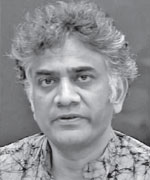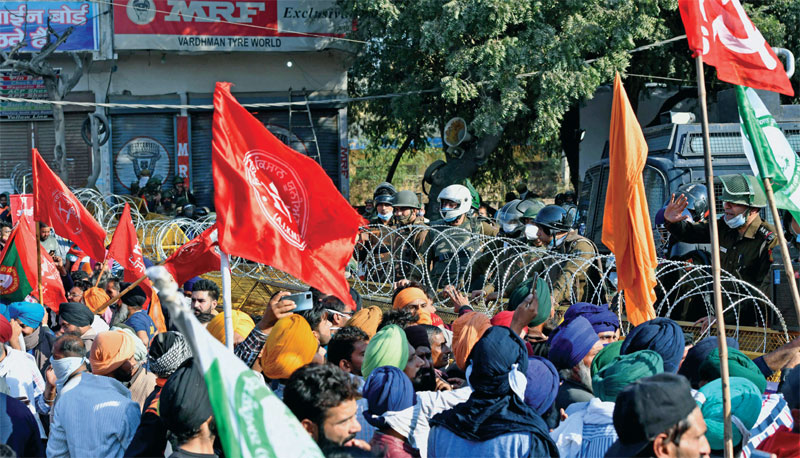The Importance of Bearing Witness
 Aakar Patel
Aakar Patel
In the movie Mad Max Fury Road (2015), the warlord Immortan Joe has a large force of fighters who take pleasure in killing themselves for Joe. They see it as an honour and do so with pride and without hesitation. Before they launch themselves off their vehicles in a kamikaze leap at the opponent, they shout ‘Witness me!’, asking their comrades to observe their sacrifice.
‘Martyr’ is the Greek word for witness. The etymological dictionary says ‘martyr’ means ‘one who bears testimony to faith’ and, especially, ‘one who willingly suffers death rather than surrender his or her religious faith.’ The reference here is to the Christians in the pagan world of Rome a few centuries after the passing of Christ. They were unwilling to integrate into the polytheistic culture of the empire and rigidly held on to their core beliefs, even if that meant being tortured and executed. In the European and Arabic world, the word ‘martyr’ carries similar meaning.
Indians use the Arabic word ‘shaheed’ for martyr. Shaheed also means witness. The Muslim profession of faith (‘la ilaha illaAllah, Muhammadur rasul Allah’) is called the shahada. And so, to be a martyr is to bear testimony, to hold on to what one believes is the truth.
The journalist Gauri Lankesh was 55 in 2017 when she was killed by a man who waited for her outside her home in Bangalore. His face was covered by a helmet. He pulled out a handgun and shot her three times, the same number of rounds that entered another martyr on 30 January 1948. The cameras that Lankesh had installed, because she had known for some time that she was in mortal danger, captured the assassination. The trial to punish her killers continues.
An activist is defined as ‘one who advocates a doctrine of direct action’. The word ‘activist’, as we use it today, is quite recent and goes back only a century, to 1915 (also the year that Gandhi arrived from South Africa). It refers to Swedes who wanted their nation to give up its neutrality in World War I and side with Germany and Austria-Hungary against the Allies, France and Britain, and later the United States. Lankesh was not killed because she advocated direct action. She died because she bore witness.

Farmers’ protests in Delhi
No Room for Dissent
She came from a community called the Lingayats. This is a group of people whose origins go back about 800 years to a man who rejected caste and formed a sect. This group had factions, including some who adhered to the idea that the rejection of caste meant a rejection of the faith, and others who saw the community as part of the wider Hindu fold. Lankesh began to publish material that angered this latter group. The material was pulled from the community’s own sources and so was not the product of her opinion. And it is also the case that the community had within itself developed fractures, with some sides emphasizing exactly what she was saying. For instance, in the demand that the Lingayats be recognized as a minority and therefore be allowed to run their own institutions.
But faith is ossified in India and what she wrote and published became intolerable. It should be said here that politically, the Lingayat community has been solidly behind the Bharatiya Janta Party (BJP) for the last few decades. Any attempt to examine it rationally would result in a political backlash from the followers of Hindutva. This was also discovered by another individual who had worked on Lingayat literature for several years and was killed two years before Lankesh.
In 1989, following threats from the community against his writing examining some of the primary Lingayat
Subscribe To Force
Fuel Fearless Journalism with Your Yearly Subscription
SUBSCRIBE NOW
We don’t tell you how to do your job…
But we put the environment in which you do your job in perspective, so that when you step out you do so with the complete picture.







